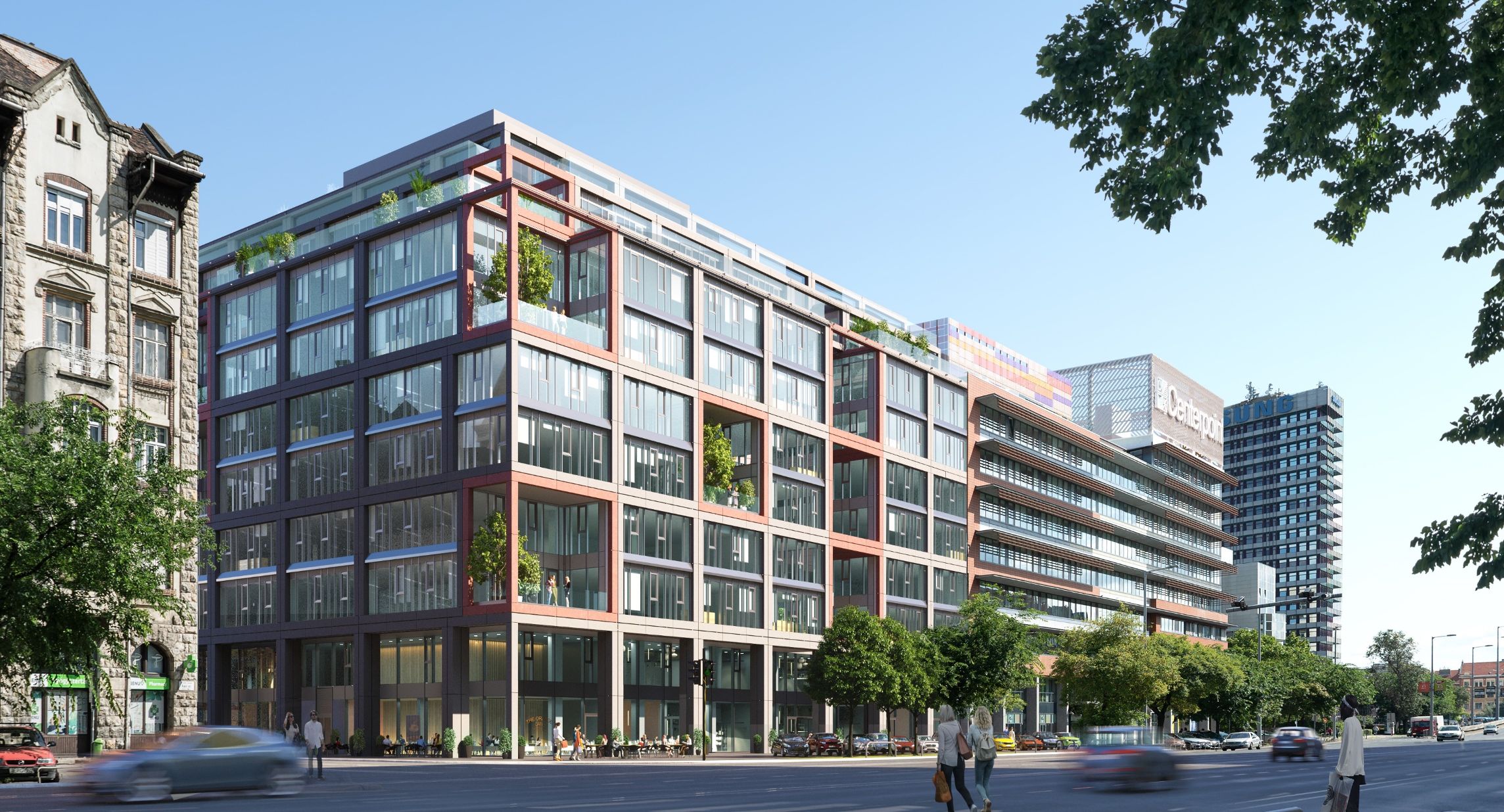Amid historically low unemployment rates across Western European economies, Central and Eastern European countries, including Romania, are becoming major destinations for the Global Capability Centers (GCC) of large multinational corporations, according to a study conducted by Savills, one of the world’s leading property advisors, and CoreNet Global.
”In Bucharest, annual office costs in tech-focused areas such as the Centre-West average 252 EUR/sqm/year, positioning the city 14th among 27 GCC destinations worldwide and the 3rd most cost-efficient office market in Europe”, said Mădălina Marinescu, Head of Office Agency at Crosspoint Real Estate, Savills International Associate in Romania and a company that in 2025 celebrates two decades of activity on the real estate market. ”IT&C, BPO and SSC companies have consistently represented a significant share of office demand, making up over 40 percent of the market. With sustainability becoming an increasingly important differentiator, Bucharest has the advantage of over 65 percent of its modern office stock holding green certifications”, added Mădălina Marinescu.
Cost remains a compelling driver for the adoption of GCCs – in-house operations of multinational companies, often found in lower-cost locations. Salary costs for entry-level STEM and customer support roles in GCC markets are some 73 percent lower than in cities such as New York and London.
In Savills’ ranking of the top 25 GCC locations, Bucharest places 21st for entry-level salaries of STEM (Science, Technology, Engineering, Mathematics) graduates and 17th for entry-level customer support agents. Real estate costs follow a similar pattern. Office costs in GCC markets (including rent, service charges and taxes) average 231 EUR/sqm/year – 75 percent lower than costs in major global cities.
Why is Bucharest well-positioned to attract GCCs?
In addition to low unemployment rates, Western economies are facing other structural issues as well, such as ageing populations and sluggish productivity growth, which are exacerbating the problem. Rapid technological change is also reshaping the skills landscape. According to the survey conducted by Savills and CoreNet Global, 63 percent of corporate occupiers reported a decline in talent availability over the past three years.
This demand, combined with the need for cost optimisation, has driven the emergence of key global hubs supplying talent to Western-based companies. India stands out as the leading provider of GCCs, hosting more than 1,700 centers and 1.9 million professionals, most of them serving US-headquartered firms. For EU-based corporations, however, regulatory alignment offers a significant advantage, which is why European GCCs are concentrated in Central and Eastern Europe, led by Poland, with Romania, the Czech Republic, Hungary and the Baltics as major destinations.
As global capability centers increasingly seek talent with AI and other advanced skills, Bucharest is well-positioned to respond. According to the Future of Jobs Report 2025 by WEF, 94 percent of Romanian employers are investing in reskilling efforts and 79 percent intend to hire talent with emerging skills. With its competitive costs, strong talent base and growing focus on advanced skills, Bucharest is emerging not just as a cost-efficient location, but as a future-ready hub for Global Capability Centers in Europe.







